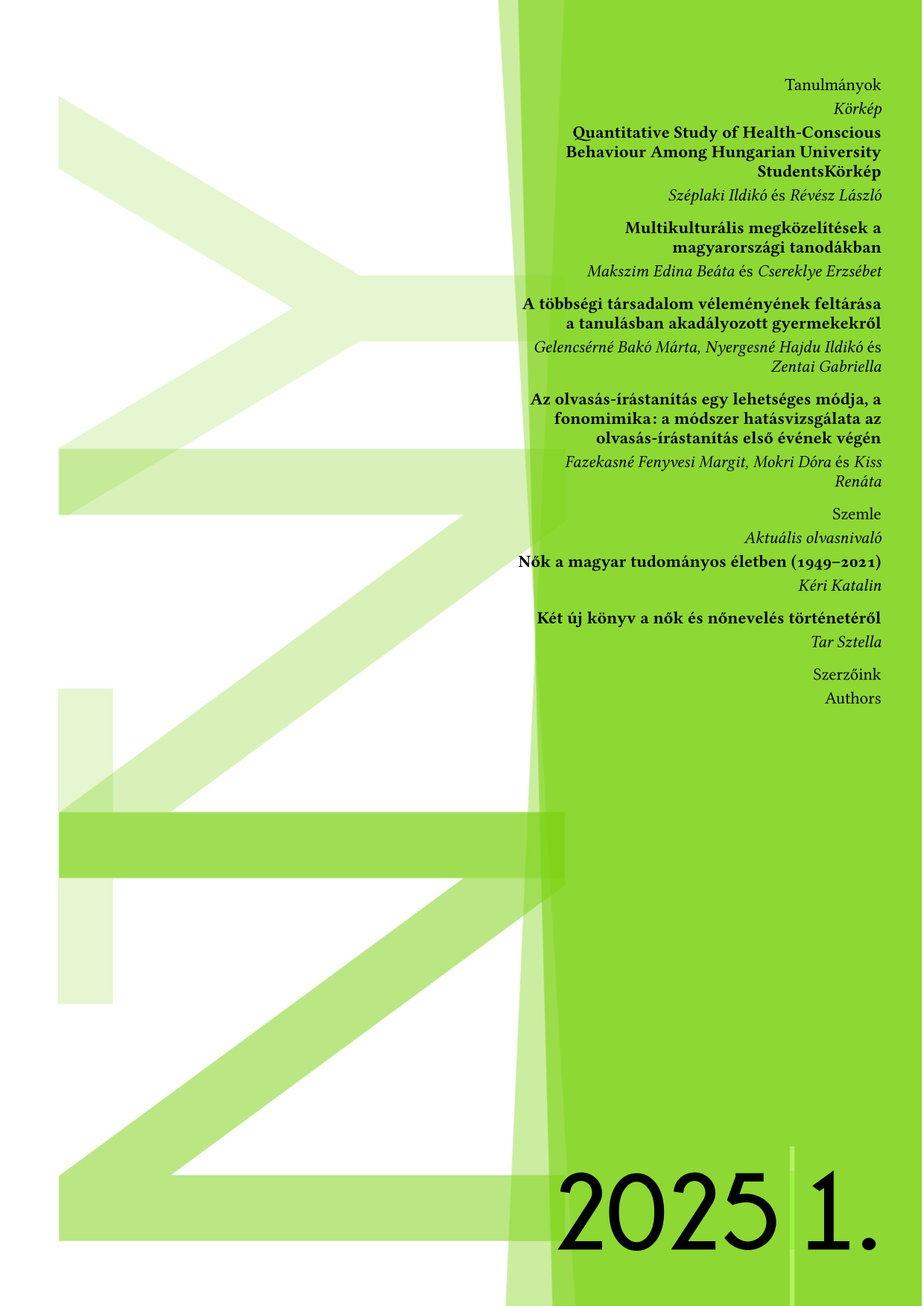Absztrakt
In recent years, the well-being of students in higher education has received increasing attention in international research, as it plays a key role in shaping future generations. The use of health-conscious practices contributes to both physical and mental well-being. This study explores different dimensions of health-conscious behaviour – well-being, life purpose, life satisfaction, stress, harmful addictions, physical activity and nutrition – among non-athletic university students. The cross-sectional study (n = 435) used validated measurement instruments such as the WHO Well-being Index, the Life Purpose Questionnaire, the Life Satisfaction Scale and the Perceived Stress Scale. In addition, a questionnaire designed by the research team was used to assess physical activity, harmful addictions and nutrition. The results of the survey showed that the majority of participants were generally satisfied with their quality of life, goal-oriented and perceived their daily life as generally happy and active. A positive correlation was found between physical activity and life satisfaction, with more physically active students reporting higher levels of satisfaction. Respondents tended to express their satisfaction with their body image, posture, and fitness level, although this did not show a proportional relationship with their level of physical activity. The students' perceptions of their physical and mental health are crucial for higher education institutions in promoting student well-being. Future research should involve multiple universities and adopt a broader methodological approach to more thoroughly examine the dimensions of health-conscious behavior.
